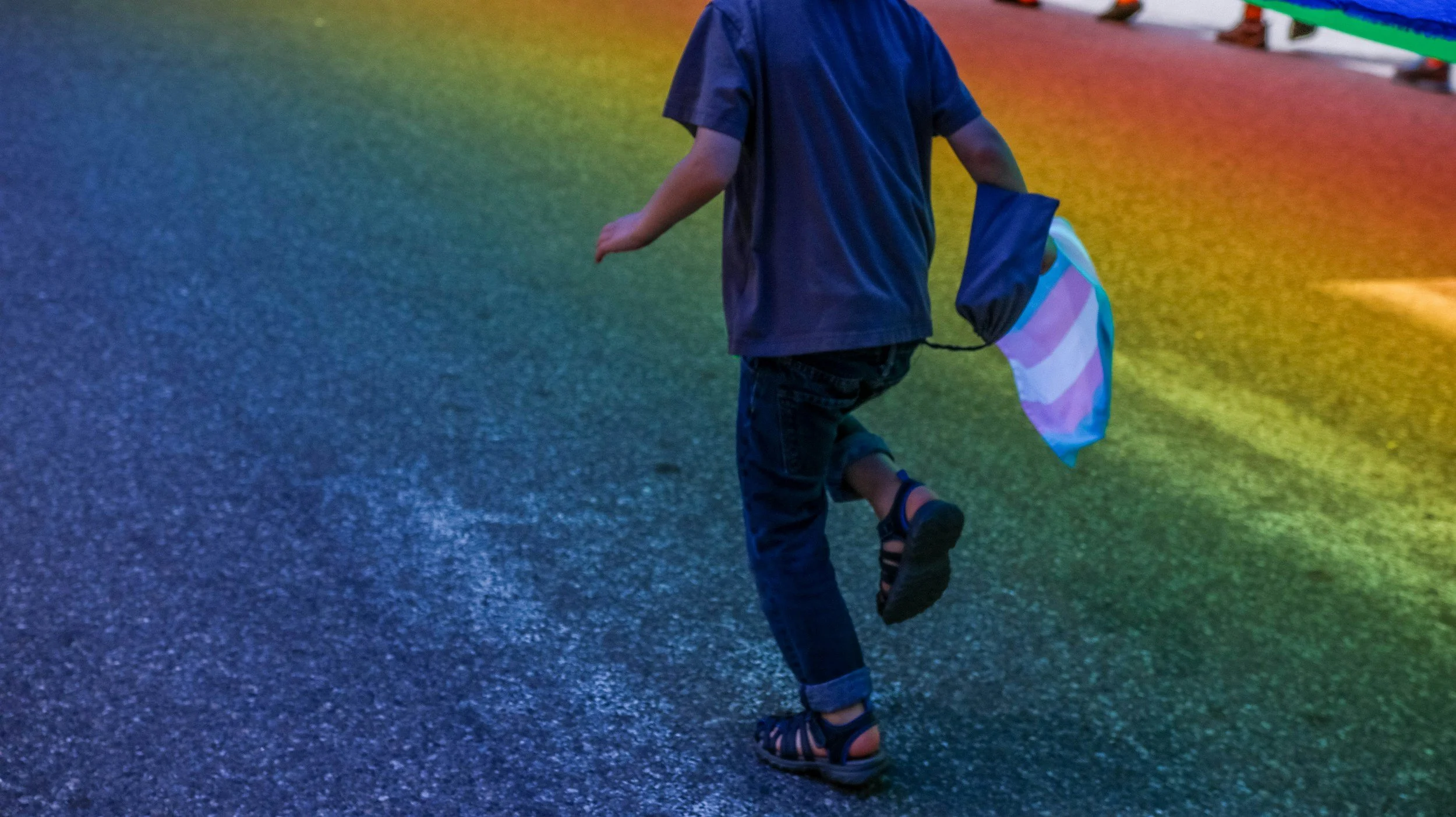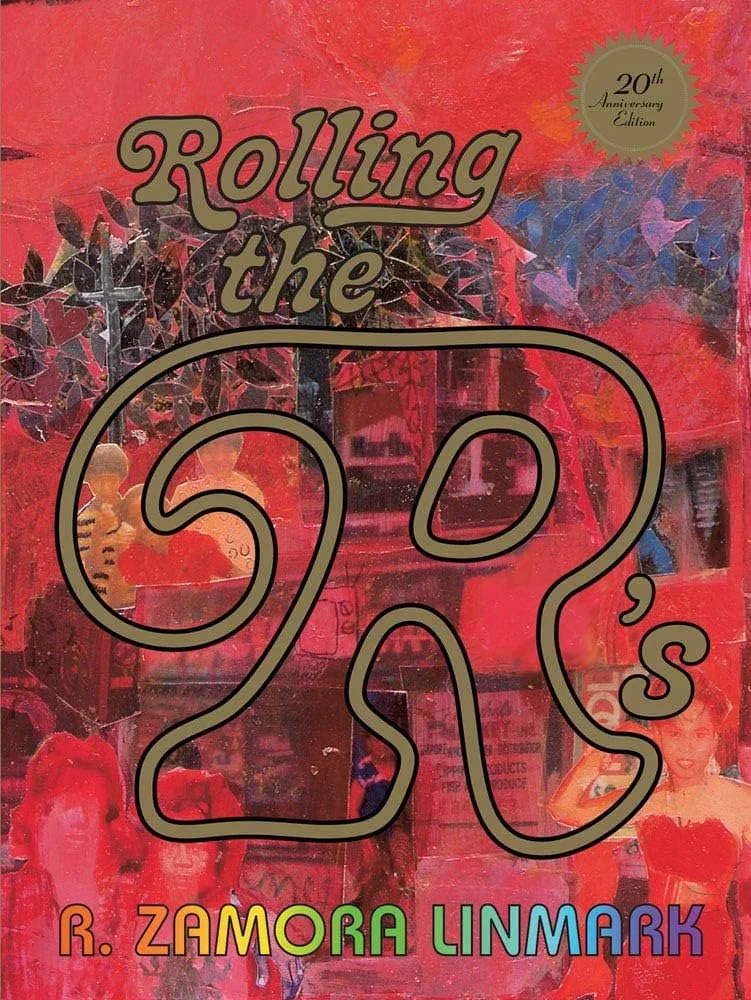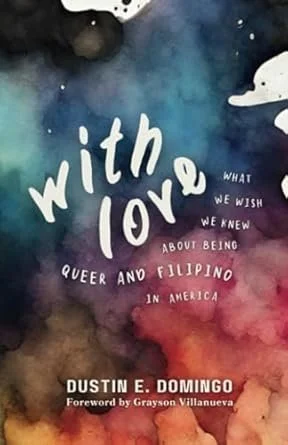
Ilocano LGBTQ history.

Bakla.
In modern Ilocano language (and borrowed by the Tagalogs), the word bakla refers to effeminate gay men, queer individuals, or those who identify as a third gender. Its origin is believed to combine babae meaning woman and lalaki meaning man. It also may refer to the office of baglan—the Ilocano religious leader.

Pre-Spanish Ilocanos revered LGBTQ.
Before Spanish colonization, societies in the Ilocos operated with indigenous belief systems and social structures that were not governed by rigid Christian notions of sin—or what the Roman Catholic Church calls natural law.
Gender and sexuality were understood in more fluid ways.
In many Austronesian cultures, including those of the Ilocos, babaylan or baglan, the spiritual leaders, were often effeminate men holding the honored religious roles.
Men who dressed or behaved in ways associated with women could become shamans, healers, or ritual specialists.
Their social status gave them respect and protection, even if they did not conform to masculine norms.
While there is no direct written precolonial Ilocano record that uses modern labels like homosexual or transgender, oral tradition and cross-comparison with other northern Luzon groups suggest that same-sex relations and gender variance existed and were not considered inherently shameful. Rather, they were respected more than others in society.
When the Spanish arrived in the 16th century, they imposed Catholic moral teachings and European gender norms. Clergy and colonial officials condemned practices they viewed as sodomy or deviance.
Effeminate men, especially those tied to spiritual roles, were targeted as part of the broader effort to suppress indigenous religion. To judge and condemn these babaylan or any effeminate men by the Church was to defend the Church. Many were killed for who they were, judged by Spanish Augustinian friars.
In Ilocos, as elsewhere, the arrival of Catholicism introduced a stigma around LGBTQ people that had not existed in the same way before.
Over time, shame and silence about same-sex love became ingrained, tied to both colonial morality and family honor systems.
Despite this repression, hints of precolonial acceptance survived through the Spanish and American colonial era in oral histories—quietly passed down from generation to generation making sure the friars didn’t hear.
The Ilocano words babaylan or baglan retained connotations of spiritual and social power, even if the role was repressed.
Terms for effeminate men or same-sex desire circulated quietly, often in jest or as whispers, but they reveal that such identities persisted.
Family and kinship networks sometimes tolerated gender-nonconforming relatives, especially if they contributed economically or socially.
Today, LGBTQ Ilocanos often reconnect with this history as a source of pride and resilience, reclaiming the idea that their identities have indigenous roots and were only later condemned by colonial religion.

Binabae.
Binabae literally means made a woman. This term implies transgender persons presenting and living as women.


